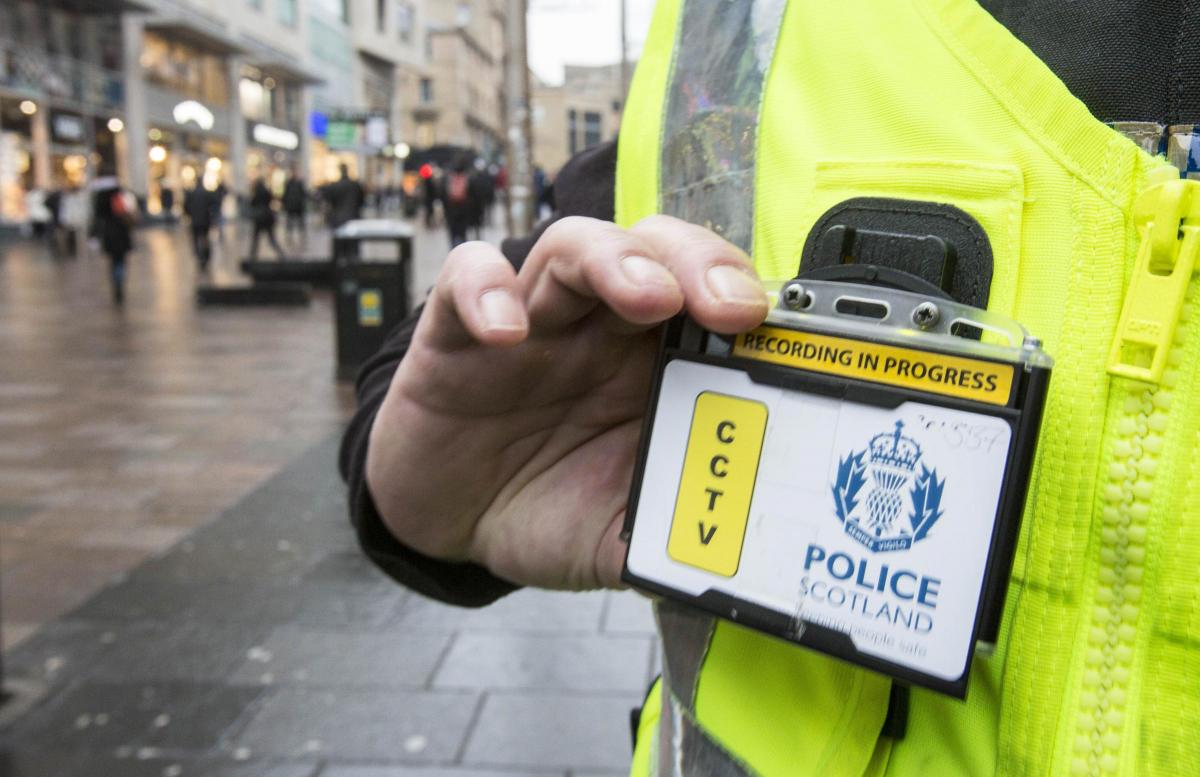Police in Scotland have confirmed their decision to use live facial recognition (LFR), nearly 10 years after the technology was rolled out by police forces across England and Wales.
The police recognize that people need assurances on their use of live facial recognition, Police Scotland’s Deputy Chief Constable Jane Connors said last Thursday.
The law enforcement agency still has detailed work to complete around LFR, including taking the time to understand the governance, proportionality, and the high levels of scrutiny that will be required, adds Connors, who has previously served with the London Metropolitan Police.
“We need to engage more with stakeholders and the public,” says Connors. “We also need to look at business cases, policy, operating procedures and financial elements.”
Police Scotland is currently working on ensuring a robust evaluation of the biometric technology, defining its reporting duty, and providing assurances related to bias mitigation, as well as the role of primary legislation and independent oversight, Deputy Chief Constable Bex Smith adds.
Further updates on the decision are expected at the Scottish Police Authority (SPA) Policing Performance Committee on September 16th, 2025.
The decision to introduce live facial recognition is already being met with resistance from lawmakers at the Scottish National Party (SNP), the country’s second-largest party which has sought to make Scotland an independent state within the EU.
The technology should not be allowed in Scotland without primary legislation passed by the Scottish Parliament, according to an SNP conference motion. Any legislation passed by the government regarding the technology should be compatible with the Human Rights Act, the European Convention on Human Rights – and the EU’s Artificial Intelligence Act, the motion adds.
“Conference affirms the work of the Scottish Parliament Sub-Committee on Justice and Policing, who studied this issue in 2020 and concluded that there was ‘no justifiable basis for Police Scotland to invest in this technology’ and that doing so would ‘would be a radical departure from Police Scotland’s fundamental principle of policing by consent’,” it says.
SPA plans to vote on the motion during a national conference in October, The National reports.
The Scottish Biometrics Commissioner Brian Plastow, on the other hand, has welcomed the decision by Police Scotland.
Earlier this year, Plastow published a statement in support of live facial recognition to “protect women, girls, and children from male violence and additionally for other proportionate law enforcement purposes.” The Commissioner, however, has also expressed concern over the quality of police custody images for biometric matching and potential government overreach.
The police also claim that it has support from the public. Surveys conducted by the police have shown that over 70 percent of Scots support the use of biometric data by police in public spaces to help identify persons wanted by the police. When it comes to LFR, however, opinions were split almost down to the middle.
Related Posts
Article Topics
biometric matching | biometrics | criminal ID | facial recognition | Police Scotland | real-time biometrics | Scotland | Scottish Biometrics Commissioner
Latest Biometrics News
An established airline is adopting digital ID and biometric technologies from Amadeus to improve its traveler journeys through the airport,…
Nigeria’s National Identity Management Commission (NIMC) must make sure it issues at least 59 million National Identification Numbers (NINs) by…
Police in London have made 140 arrests during the Notting Hill Carnival over the weekend, with 13 individuals apprehended after…
The Malawi Electoral Commission (MEC) has received thousands of biometric kits from Smartmatic as the country prepares for general elections…
https://www.biometricupdate.com/202508/scottish-police-confirm-live-facial-recognition-plans

